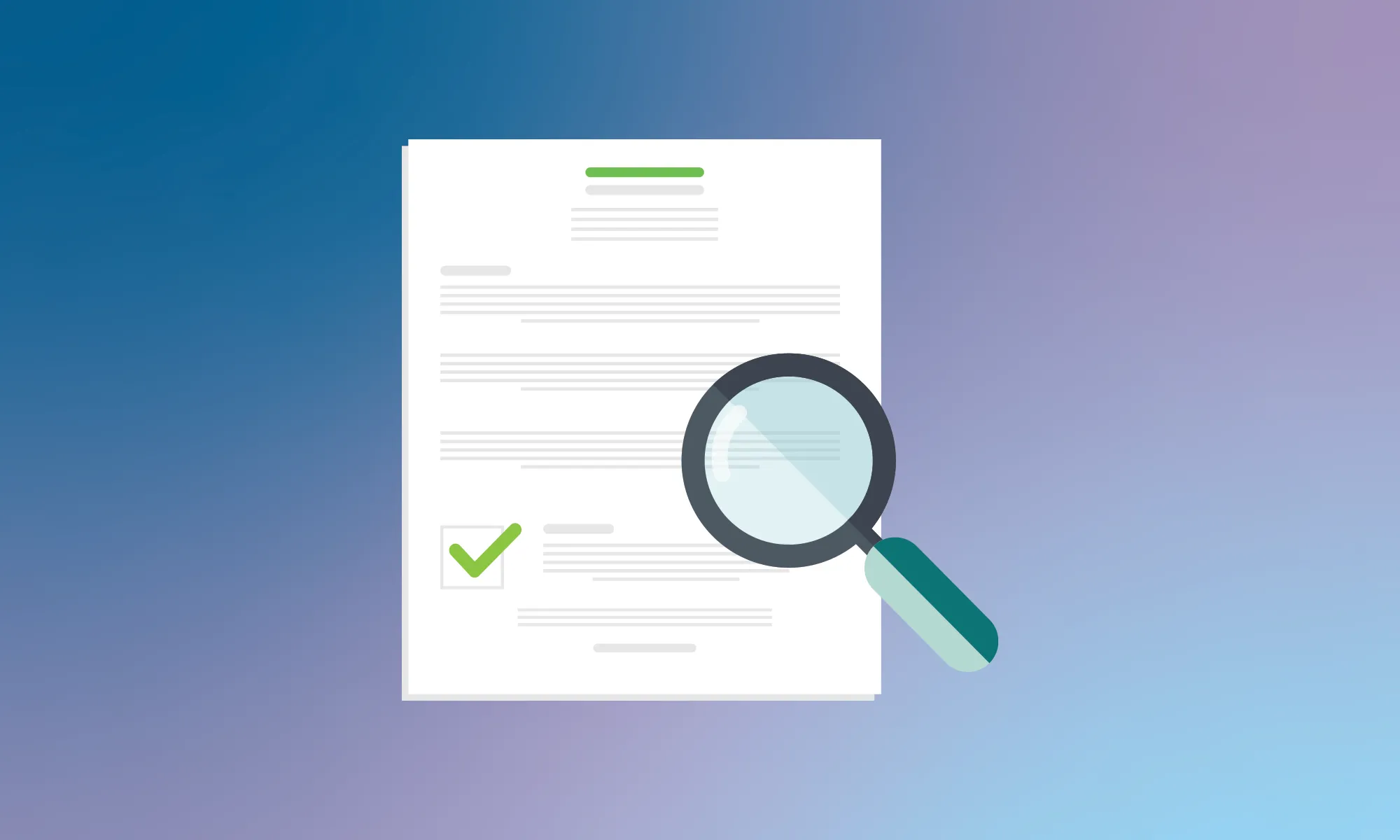Egypt
E-invoicing Guide
Summary
E-Invoicing
B2B,B2G, B2C e-invoicing is mandatory
Digital Reporting
Yes
Egypt Electronic Invoicing and Digital Reporting Requirements
Background
Egypt started the introduction of e-invoicing rules on November 15, 2020. The E-invoicing platform enables digital capturing of invoices circulating in the country, starting with business-to-business (B2B) invoices.
The ETA phased the rollout of e-invoicing for B2B companies across seven phases, starting with large taxpayers (first 3 Phases), followed by medium taxpayers and large free professions (Phase 4), and finally, joint stock and investment companies (Phases 5 & 6). Phase 7 includes all B2B taxpayers in Cairo, Giza, and Qalyubia.
Since July 1, 2022 business to consumer (B2C) invoices have come within the scope of e-invoicing obligations. B2C integration is also divided into 5 separate phases. Phases 4 and 5 are divided into certain groups, with taxpayers from different sectors.
Once a company is listed in any of the decrees, it is required to start integrating its system with the ETA’s API and report all of its invoices (B2B & B2C), credit notes, and debit notes to be compliant with the given deadline.
Registrants must issue an electronic tax invoice for each sale transaction, including e-signature and the certified unified code of the good or service provided. Since January 1, 2023, electronic invoices must be reported on the same day the invoice was issued.
What Types of Businesses Does This Apply to?
Applies to resident taxpayers and VAT-registered taxpayers with a permanent residence.
Governmental Body Responsible for E-invoicing in Egypt
Penalties for Not Adhering to Egypt's E-invoice Mandates
- Taxpayers who do not report their invoices in time could face a penalty between EGP 20,000 and EGP 100,000 (approximately EUR 600 - EUR 3,000).
- ETA is entitled to impose a penalty of up to EGP 50,000 (approximately EUR 1,500) for taxpayers who do not archive their paper/electronic invoices and documents for a 5-year period.
- Tax evasion carries a penalty of EGP 5,000 to EGP 50,000 (approximately EUR 150 to EUR 1,500) and/or imprisonment between 3 and 5 years. Among others, tax evasion includes failing to register for VAT within the due date. Failing to issue a tax invoice under certain circumstances might be considered tax evasion.
What does the e-invoicing process in Egypt look like?
- Taxpayers have to register with ETA’s e-invoicing system, through which they get access to a web application used to manage representatives and also systems.
- They will then receive an invitation to register the taxpayer administrator account, which is used to manage the digital profile of the taxpayer.
- In the digital profile, taxpayers can register one or more solution providers that will be accessing the e-invoicing & eReceipt APIs.
- The API access credentials must be configured in the solution provider's system and used during the login process.
- Taxpayers are required to obtain an eSeal certificate that needs to be configured in their billing system that is submitting the digitally signed documents.
- Taxpayers are required to send the transaction data to the billing system.
- The billing system creates an e-invoice or receipt and signs it (B2B e-invoices only) with the taxpayer's own eSeal.
- The signed document is sent via API to the respective tax authority’s endpoint.
- The tax authority will return a UUID of the transaction and conduct data validations.
- Once B2B e-invoices are validated, they are made available to the buyer via their digital profile.
Is SAF-T Needed in Egypt?
No.
E-Invoicing & Global Tax Automation with Fonoa
One way to comply with Digital Reporting Requirements in Egypt is to use a provider like Fonoa.
With Fonoa you can:
- Have one integration for your global needs, including Egypt
- Save time and money by automatically cleaning your data to minimize errors and manual work
- Utilize our validation mechanisms to ensure reporting accuracy, data completeness, full control, and compliance
- Rest assured that transactions are successfully reported or queued for internal investigation with our retry mechanisms
- Get full visibility with our dashboards by filtering criteria, analyzing granular transaction data, and quickly importing /exporting information
Disclaimer on Tax Advice
Fonoa does not provide professional tax opinions or tax management advice specific to the facts and circumstances of your business and that your use of the Specification, Site, and In addition, due to rapidly changing tax rates and regulations that require interpretation by your qualified tax professionals, you bear full responsibility to determine the applicability of the output generated by the Specification and Services and to confirm its accuracy. No professional tax opinion and advice. Fonoa does not provide professional tax opinions or tax management advice specific to the facts and circumstances of your business and that your use of the Specification, Site, and In addition, due to rapidly changing tax rates and regulations that require interpretation by your qualified tax professionals, you bear full responsibility to determine the applicability of the output generated by the Specification and Services and to confirm its accuracy.










